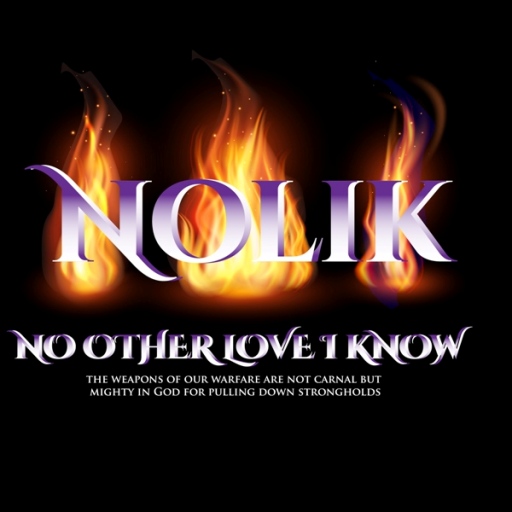Ruth the Moabitess is a story of posterity and inheritance as is the whole of the Bible. Ruth enters at the place where again the Seed of Judah must pass to another generation in order that the predestined lineage of Christ might forge through. So that she is met with the death of her husband and brother-in-law only to begin the work of righteousness that must accompany such a lineage and has brought on the despair of a mother-in-law who reckons herself dead because she lacks posterity. Ruth becomes God’s vessel of grace in providing the generation of the Seed to the Jews from the labors of yet another Gentile as was Tamar—a child of grace. The grace that is a work of the cross that through its propagation will always cut off the propagation of the flesh that is sin and the natural estate and country of birth. And so we see Naomi, a Jewess of Bethlehem, her husband, and two sons who sought refuge from death by famine by fleeing to Moab, a country known for its prevailing idolatry though they did not escape death itself. Inevitably, by divine will, Naomi was left a widow and the sole survivor of her family besides her two daughter-in-laws for which no children had been born to–of whom, one was called, Ruth. It was at Naomi’s farewell, calling to her daughter-in-laws to return to their homeland as would she return to hers that we recognize that the knowledge and virtue of faith had fallen upon Ruth. Because Ruth restrains Naomi from expelling her with the words of a vow of marriage: “Entreat me not to leave you…for wherever you go, I will go; and wherever you lodge, I will lodge; Your people shall be my people, and your God, my God. Where you die, I will die, and there will I be buried. The Lord do so to me, and more also, if anything but death parts you and me.” [Ruth 1:16, 17 NKJV] And from it Ruth indeed supplants the strength of a son and husband returning with Naomi to her home carrying on her shoulders the cross of death that was passing them from death to life. In Bethlehem, Ruth provided food for Naomi and herself by gleaning in the fields as the poor did in Israel, since the inheritance of her dead husband she could not possess as a woman, but could only be redeemed by a male relative. But the favor of Boaz, the owner of the field where she gleaned, fell upon her, because he recognized the righteousness of Ruth that had come to be known to all of Bethlehem. Now Naomi learning this, instructed Ruth as to how she should sow such virtues in order to increase through it. Calling on her that she should seek a covering from Boaz, Naomi knowing that Boaz was a close relative of hers, though he was much older than Ruth. Moreover, Ruth respected the words of Naomi and laid at the feet of Boaz while he slept and without his awareness demonstrating the meekness of faith in the face of Christ on the cross that does not exploit weakness but covers it. From this, Boaz reckoned himself as Christ did for all of mankind, to perform the duties of a redeemer kinsman, that in redeeming the inheritance of the dead as a close relative, he should also raise up posterity in his place as Boaz did to Naomi through Ruth. Boaz who was the son of Rahab, knew the grace and mercy of the cross that broke open the Seed in death to the work of righteousness and fruitfulness since he too had come forth in this manner. Rahab was the harlot in Jericho whom God called and quicken to faith in the Child (Israel) to aid the spies and whom He kept of all of those in that day when the walls of Jericho fell. Ruth in marriage to Boaz gave birth to a son—and to Naomi, the women of Bethlehem said, “Blessed be the Lord, who has not left you without a close relative, may his name be famous in Israel”, and there was One—Christ Jesus. And of Ruth they said to Naomi, “for your daughter-in-law, whom loves you…is better than seven sons.” Christ arose in the heart and womb of Ruth to propagate to another generation, the Seed of righteousness—Obed, the grandfather of David. Christ says, “Who is My mother and My brother? For whoever does the will of God is My brother, and My sister. And mother.” [Mark 3: NKJV] The children, “who were born not of blood, nor of the will of the flesh, nor the will of man, but of God”. (John 1:12, 13 NKJV)



